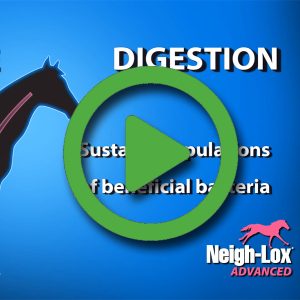
Horses With a Busy Lifestyle Are at High Risk for Digestive Upset
Horses with a busy lifestyle are at high risk for digestive upset. Limited grazing, larger grain meals, and frequent traveling...
» View Video
Horses with a busy lifestyle are at high risk for digestive upset. Limited grazing, larger grain meals, and frequent traveling...
» View Video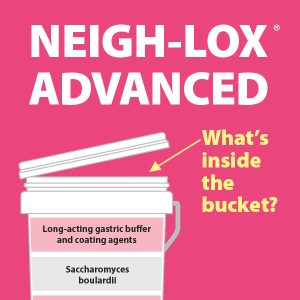
Neigh-Lox Advanced contains a proprietary blend of research-proven ingredients that work synergistically to maintain healthy equine GI tract tissues.
» View Article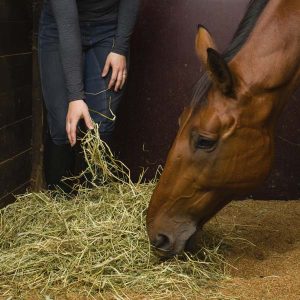
Does it really matter? The terms probiotic and prebiotic are showing up more and more often on feed bags and...
» View Article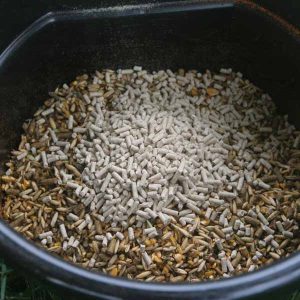
It can be hard to get a picky eater to consume enough calories to maintain optimal condition. Digestive aids, such...
» View Article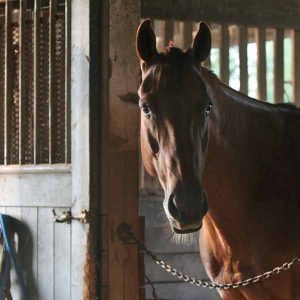
Most of us know that horses can suffer from equine gastric ulcers syndrome (EGUS), a condition where horses develop ulcers...
» View Article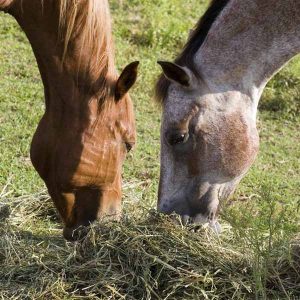
In every aspect of our lives we strive for balance. As owners and caretakers of horses we should also make...
» View Article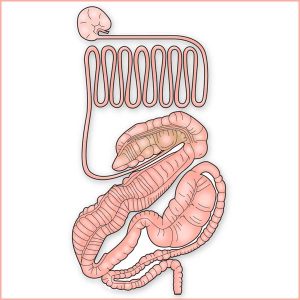
Bugs? What bugs? Horses are hindgut fermenters. In other words, the hindgut portion of your horse’s digestive tract contains millions...
» View Article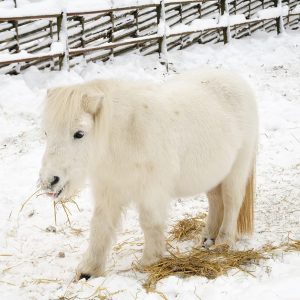
Preventing winter weight gain in easy keepers. Some horses gain weight when given a winter break from trail riding, training,...
» View Article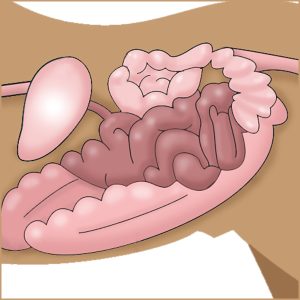
Your horse is a home The digestive tract of your horse is home to millions of microorganisms that aid in...
» View Article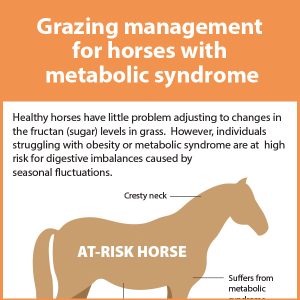
Healthy horses have little problem adjusting to changes in the fructan (sugar) levels in grass. However, individuals struggling with obesity or metabolic syndrome are at high risk for digestive imbalances caused by seasonal fluctuations.
» View Article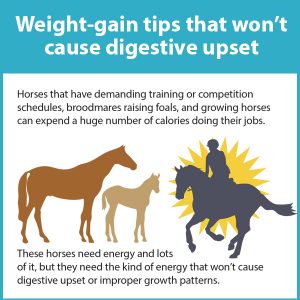
Horses that have demanding training or competition schedules, broodmares raising foals, and growing horses can expend a huge number of calories doing their jobs. These horses need energy and lots of it, but they need the kind of energy that won’t cause digestive upset or improper growth patterns.
» View Article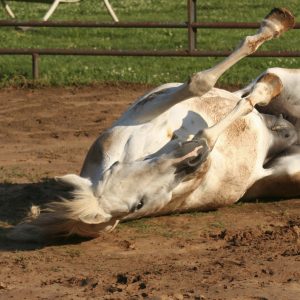
Common myth: If a colicky horse is passing manure, he will be fine. Busted: Not necessarily so, say veterinary surgeons....
» View Article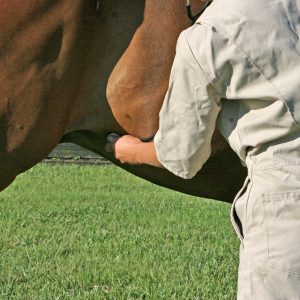
One way to determine if your horse is normal and healthy is to evaluate the rumblings of his gut. The...
» View Article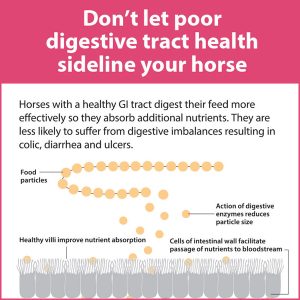
Horses with a healthy GI tract digest their feed more effectively so they absorb additional nutrients. They are less likely to suffer from digestive imbalances resulting in colic, diarrhea and ulcers.
» View Article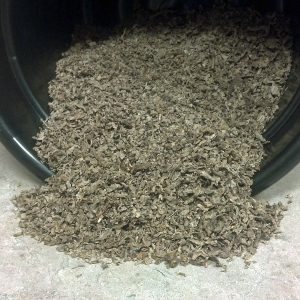
Beet pulp is a byproduct of the sugar beet industry. It consists of the pulp that remains after all the...
» View Article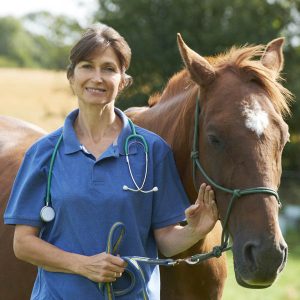
Myth: Always walk a colicky horse. Busted: Walking won’t cure colic and it isn’t always in your horse’s best interest...
» View Article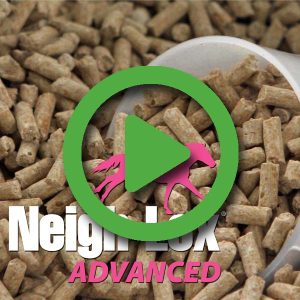
Neigh-Lox® Advanced provides a scientifically advanced blend of ingredients that work synergistically to maintain your horse’s digestive tract in peak...
» View Video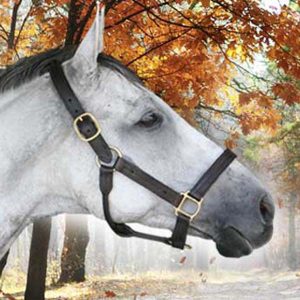
As the seasons change, so do the quality and content of your horse’s feeding program. Winterizing your horse with Kentucky...
» View Article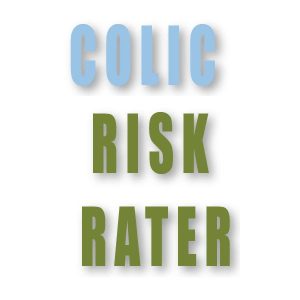
Do you worry about colic in your horse? Did you know you can reduce the threat of colic by identifying...
» View Article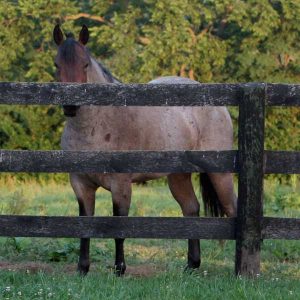
A better understanding of how the horse’s digestion system works has revealed that balancing forage intake with concentrate intake is...
» View Article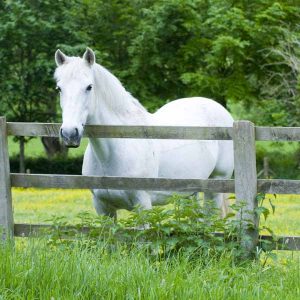
May 2009 Horse Health Article American Association of Equine Practitioners The number one killer of horses is colic. Colic is...
» View Article
"*" indicates required fields